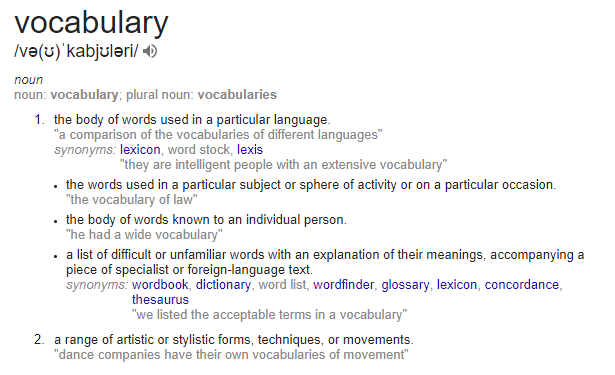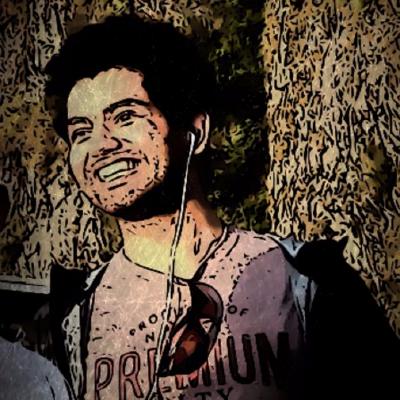How to learn anything quickly: leverage the vocabulary
Originally published on Medium

The 80/20 principle applied to learning

Mental models caught my attention a few months ago. Selling the promise of becoming smarter and efficient. I was sold.
Thus began my journey towards mastering my brain. Every month, I choose to master a new mental model. Here’s numero uno.
The 80/20 principle
The 80/20 principle states that 80% of results come from 20% of the input. You’ve heard enough about that. Let’s dive into a specific outcome.
Focusing on learning, there are some core input activities which help you learn 80% of the matter at hand.
The time taken to learn goes down since you focus on these activities and discard the rest. Learning the vocabulary is one, let me show you why.
Want to begin with what are mental models? Here’s my explanation — from a few learning-years ago.
A Simplistic explanation to Mental Models

A simple google search on “How to learn quickly” and I see a million articles in 0.5 seconds telling me to eat well, sleep well, learn in chunks, don’t multitask, focus and power through. Does that help?
We are focusing on how to do things a million times more than what to do. We lose sight of the 20 hours it takes to get good enough at a skill, dwarfed by the 10,000 hours it takes to master it.
You’re much more likely to drop learning a skill if you think it takes 10,000 hours to learn
It doesn’t take that long. Josh Kaufman explains why in The First 20 Hours. [Affiliate link].
20 hours. That’s how long it took me to learn French, and that’s how long I expect it to take me to learn swimming. I’m at 15 hours now, able to swim a full length!

So, what is the vocabulary and how do you leverage it?
Language is the most obvious example. How can you get your point across with a new language?
Do you look for the grammar rules? The tense to speak in?
or instead the specific words to use? The vocabulary?
To be able to speak in France, I focused on the vocabulary. The 300 most frequent words in the language. Combined to make some grammatical-hell bound sentence. It got the job done.
I did stumble early on. Ridiculed myself in front of the girl I liked one too many times. I mixed up the cooking gas and heating gas — asked a friend to cook food on the heater. We still laugh over that.
Ridicule yourself long enough, and you’ll learn enough to not be ridiculed anymore. That’s how I became fluent. If you’re wondering how soon, I could speak enough to make the point in two weeks.
Ridicule yourself long enough, and you’ll learn enough to not be ridiculed anymore.
Given the positive feedback, I dived into the nitty gritty, learning the tenses and the grammar. Finishing with how to spell.
Isn’t that how we learn our first language?
And the exact opposite of how we learn in school?
No wonder adults think they’re not good at “languages” anymore.
No, I won’t go into my everything-wrong-with-schooling rant right now.
Let’s talk about something where vocabulary doesn’t seem to make much sense. Swimming, for example.

It’s the second definition I’m interested in. A range of forms, techniques or movements. Akin to speaking, there are a million things you could do to learn swimming. Not all are important. Eating ice cream doesn’t improve you as much as getting into the pool does.
I figure breathing underwater and floating are the core members of the vocabulary. Any fancy stroke is incomplete without breathing.
Then there is knowing what the vocabulary is called. You become part of the meme. Using the right words to get the point across.
“Breast stroke”
“the stroke in which you move your hands around in circles and kick your legs like a frog”
This builds up the positive feedback in your learning community. “Hey, I know what they are talking about!” — which is invaluable to learning. It’s these little wins that encourage you to continue learning. The wins that show you, you’re making progress.
“Knowledge of things and knowledge of the words for them grow together. If you do not know the words, you can hardly know the thing.”
― Henry Hazlitt, Thinking as a Science

Here’s the final list to go about learning:
1. Figure out the core activities necessary to learn a skill
2. This is your vocabulary: Understand what it’s called and learn it
Taking a page from Josh Kaufman’s book, The First 20 Hours:
3. Teach yourself enough to self-correct
4. Practice for 20 hours

